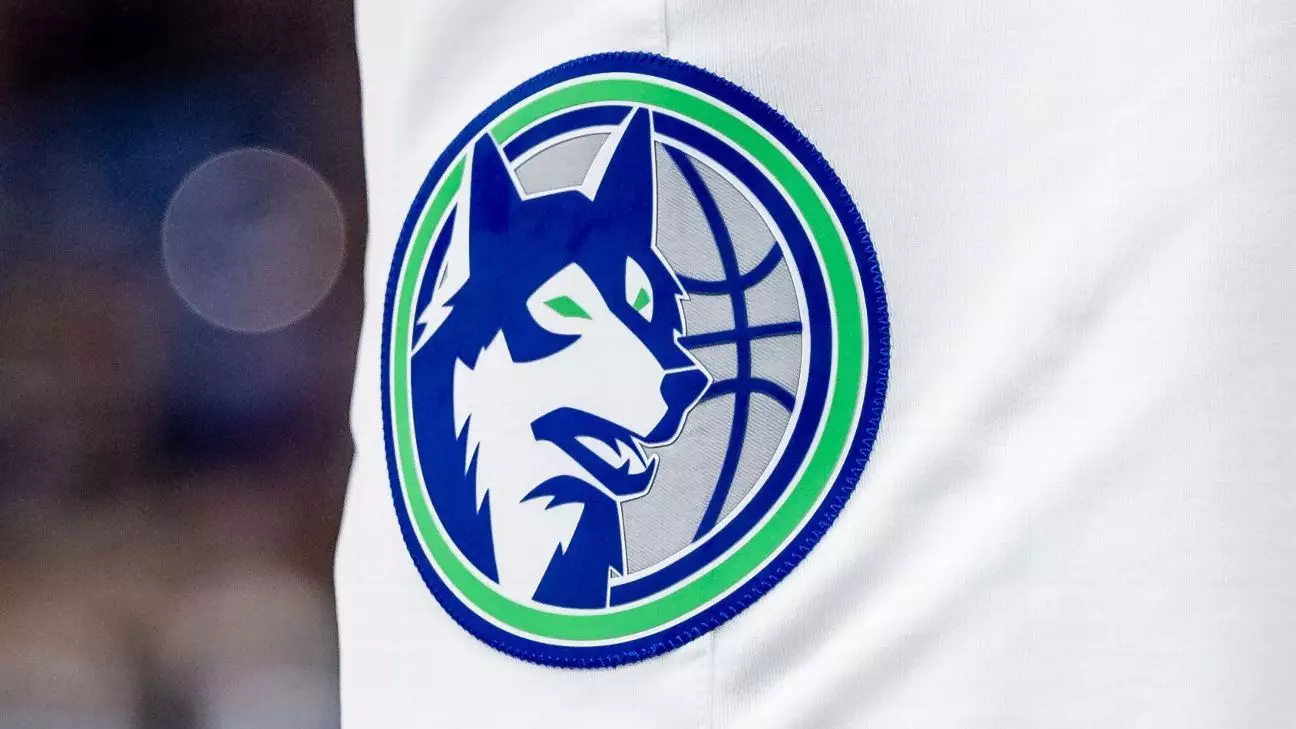The Minnesota Timberwolves, a franchise rich in potential but marred by inconsistencies, are on the brink of a significant ownership change. The recent arbitration ruling favoring Marc Lore and Alex Rodriguez over current owner Glen Taylor marks a pivotal moment in the team’s history. This situation highlights not only the volatile nature of sports ownership but also raises pertinent questions about business ethics, loyalty, and the future of the Timberwolves and the WNBA’s Lynx.
On Monday, a three-member arbitration panel made the decisive decision to back Lore and Rodriguez in their dispute surrounding the sales agreement with Glen Taylor. This ruling allows the prospective owners to proceed towards becoming the majority stakeholders of the Timberwolves and Lynx, which sets the stage for a significant showdown among NBA owners.
At the heart of the arbitration was a contentious issue surrounding a payment deadline. Taylor had previously asserted that Lore and Rodriguez missed a critical $600 million installment, which would have secured their 80% majority ownership. However, Lore and Rodriguez countered this with the claim of a contractual right to a 90-day extension, leading to the need for arbitration. The ruling appears to validate their argument, allowing them to reignite their ambitions for the franchise. Now, they are positioned not just as hopeful investors but as contenders in a high-stakes game that could shift the power dynamics within the NBA.
Lore and Rodriguez are not new players in the Timberwolves ownership drama. They had previously acquired a 36% stake in the team for more than $500 million. Since then, they have made significant strides to strengthen their financial backing, securing an additional $950 million for the purchase and operational control of the teams. Impressively, they have enlisted the help of high-profile investors like Michael Bloomberg and Eric Schmidt, demonstrating a robust commitment to the franchise’s future.
While the arbitration ruling is a significant hurdle cleared, a critical next step looms: the approval from at least 23 of the 30 NBA governors for the ownership transfer. This requirement is traditionally seen as a formality, but the unique circumstances surrounding this sale complicate matters. Both Lore and Rodriguez must navigate the delicate waters of NBA politics, particularly as Taylor has expressed discomfort with the sale while holding a longstanding relationship with key figures like NBA Commissioner Adam Silver.
An integral component of the narrative is the evolving fiscal landscape of NBA franchises. The value of the Timberwolves, once pegged at $1.5 billion during the previous agreement in 2021, appears now to be on the lower end of the spectrum against the backdrop of skyrocketing franchise valuations. With recent transactions—including the Phoenix Suns’ sale for $4 billion—setting new benchmarks, Taylor’s price point for relinquishing control is increasingly viewed as outdated.
The substantial increase in franchise valuations serves as a double-edged sword for Taylor. While it shows that his franchise could be worth significantly more than previously estimated, the long history of his ownership—stretching back to 1994—throws another layer of complexity into his decision-making process to either proceed with the sale or hold fast against the current wave of investor interest.
An ownership change is not merely a business transaction; it resonates throughout the fanbase and greater community. Lore and Rodriguez have expressed their desire not only to win championships but to foster a thriving culture within the Twin Cities. This vision has sparked hope among fans yearning for stability and success, something that has eluded the franchise for years.
The voices of the Timberwolves’ community will likely play a role as the board of governors deliberates the impending ownership decision. Knowing that Taylor has previously pulled the team off the market citing both personal and team-related factors suggests a deeper emotional investment that could clash with the business realities of selling a team. The community’s interest in preserving the franchise’s competitive spirit will undoubtedly weigh on the decisions surrounding the ownership transition.
The looming ownership decision regarding the Timberwolves heralds a year of reckoning for a franchise long in search of its identity. With significant monetary stakes, the outcomes of this arbitration decision will resonate beyond the boardroom into the hearts of fans and stakeholders alike. Whether the new ownership particularly favors change for the better remains to be seen, but the narrative arc, marked by ambition and contention, offers a thrilling glimpse into the future of basketball in Minnesota. As Lore, Rodriguez, and Taylor prepare for the next chapter, their decisions will ultimately shape the trajectory of a team yearning for stability, success, and perhaps, redemption.


Leave a Reply